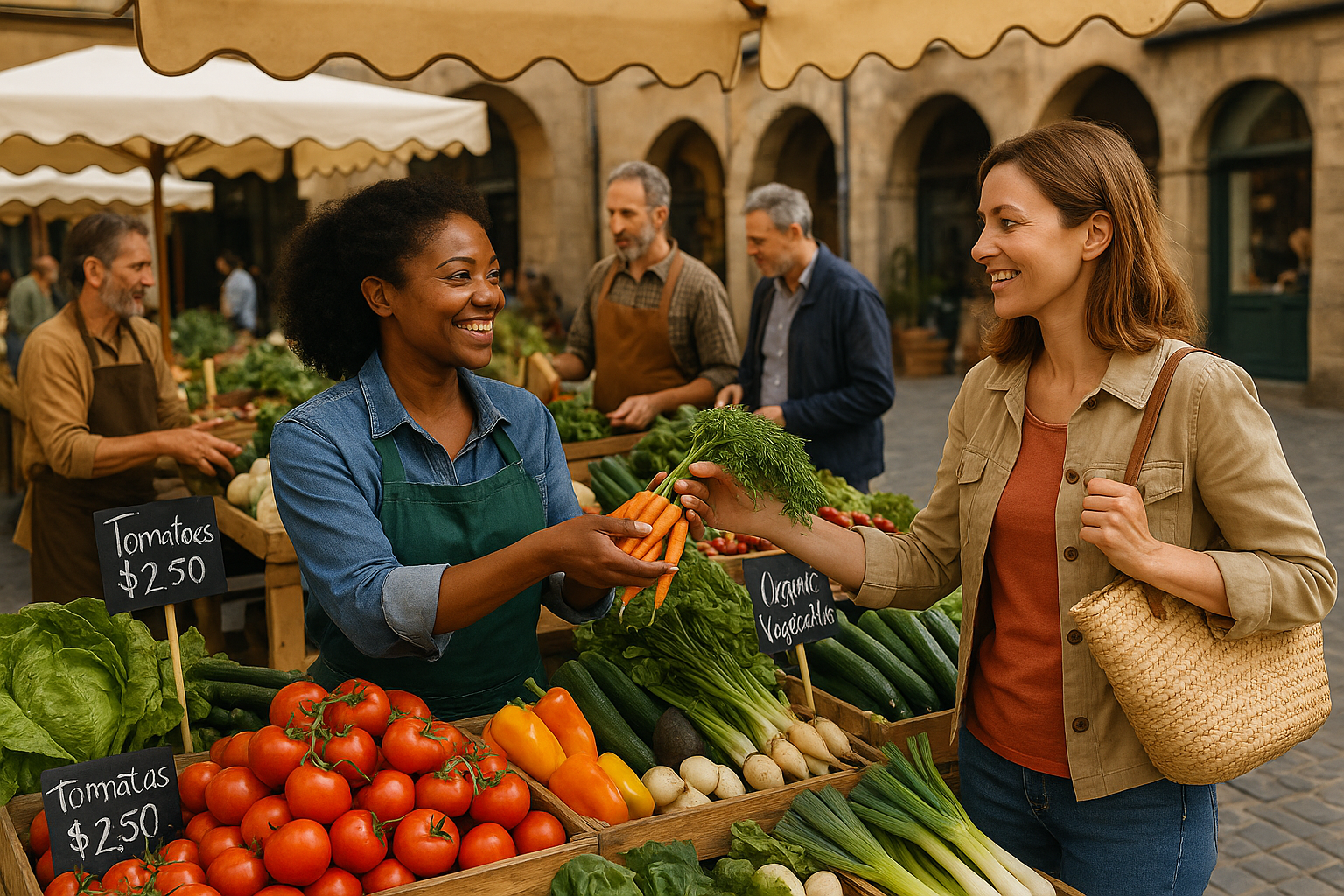In a landmark step toward reshaping the future of travel and food, UN Tourism and Slow Food International have signed a groundbreaking Memorandum of Understanding (MoU) on the occasion of Sustainable Gastronomy Day, heralding a new era of cooperation in global gastronomy tourism. This strategic alliance aims to transform food-related travel into a powerful engine for sustainable development, cultural preservation, and local economic empowerment.
The partnership marks a pivotal moment where tourism and gastronomy are no longer viewed as separate industries but as mutually reinforcing tools to achieve global sustainability goals. Together, the two organizations seek to strengthen tourism’s role in building resilient food systems, protecting biodiversity, and promoting community-led tourism models.
Reimagining Tourism Through the Lens of Food
At the core of the MoU is a shared vision for a sustainable gastronomy tourism value chain, one that integrates farmers, chefs, artisans, travel professionals, and policymakers to create immersive, inclusive, and environmentally responsible experiences. The goal is to bring travelers closer to local food cultures, allowing them to engage with regional ingredients, cooking traditions, and sustainable agricultural practices.
According to UN Tourism Secretary-General Zurab Pololikashvili,
“This partnership underscores the vital role that responsible tourism plays in enriching communities. Food is a powerful connector—it binds people to places and cultures. By working with Slow Food, we aim to elevate gastronomy tourism as a platform for inclusion and sustainable progress.”
From Farm to Fork: A Culinary Travel Transformation
The agreement outlines a wide range of collaborative efforts focused on reviving traditional foodways, encouraging the consumption of local produce, and designing tourism packages around seasonality, sustainability, and authenticity. These offerings will include:
- Cooking classes with local chefs
- Guided visits to organic farms and vineyards
- Artisan food trails through rural villages
- Culinary heritage festivals and workshops
- Interactive tasting tours highlighting biodiversity
These experiences not only enrich the visitor journey but also generate income for rural producers, bolster regional identity, and deepen the understanding of food as cultural heritage.
Strategic Goals: Research, Education, and Innovation
The MoU prioritizes three key pillars:
- Joint Research Initiatives – Mapping global trends in culinary tourism, including changing traveler preferences, economic impact data, and emerging food movements.
- Capacity Building and Training – Educating chefs, food producers, tour operators, and entrepreneurs in sustainability principles, hospitality, and marketing.
- Best Practice Exchange – Compiling case studies on successful food tourism models, from Michelin-star sustainability to regenerative farm-based tours.
Slow Food Director General Paolo Di Croce emphasized,
“Food tourism is about more than what’s on the plate. Our Slow Food Travel program is designed to showcase forgotten food traditions, connect travelers with producers, and build a tourism system that nourishes both people and the planet.”
Building a Global Gastronomy Tourism Network
In addition to individual initiatives, the agreement envisions the development of regional and global networks dedicated to sustainable gastronomy tourism. These networks will:
- Connect stakeholders from all stages of the food and tourism supply chain
- Facilitate cross-border collaboration between destinations
- Promote culinary innovation rooted in heritage
- Serve as incubators for community-based tourism models
For instance, Kyoto’s heritage food artisans may collaborate with Oaxaca’s traditional mezcal producers, or South African wine routes may exchange strategies with Italian agriturismo cooperatives—creating a dynamic platform for mutual learning and economic development.
Empowering Communities, Preserving Culture
A key component of the MoU is its commitment to social inclusion. The alliance will actively support rural tourism development, with a focus on empowering women, youth, and Indigenous communities through direct participation in food tourism ventures.
Local communities will be given agency in shaping tourism strategies that reflect their cultural values and culinary heritage. Whether through preserving ancestral recipes or promoting endangered food species, gastronomy tourism is positioned as a guardian of intangible cultural heritage.
Moreover, locally sourced, nutrient-dense food systems support public health and community resilience—an increasingly urgent priority in a post-pandemic world.
A Model for Sustainable Development
This new partnership demonstrates how gastronomy tourism can become a catalyst for achieving the UN’s Sustainable Development Goals (SDGs). The sector holds untapped potential to address:
- Climate action through reduced food miles and sustainable sourcing
- Decent work and economic growth by boosting rural employment
- Cultural preservation via culinary storytelling and heritage experiences
- Sustainable consumption and production in hospitality
As destinations grapple with the consequences of over-tourism, climate change, and economic inequality, this food-centered tourism model offers a regenerative alternative—one that uplifts people, conserves traditions, and sustains ecosystems.
Looking Ahead: Toward a New Taste of Travel
The signing of this MoU on Sustainable Gastronomy Day isn’t just a symbolic gesture—it’s a strategic call to action. It challenges both public and private sectors to rethink tourism through the lens of food. Every meal becomes a narrative, every bite a bridge to understanding, and every culinary journey a means of empowerment.
As more destinations embrace gastronomy tourism as a sustainable development tool, the partnership between UN Tourism and Slow Food is set to influence global tourism trends and inspire a more inclusive, ethical, and delicious way to travel.
Because in this new era of tourism, the future is served—locally sourced, lovingly prepared, and globally shared.
For more travel news like this, keep reading Global Travel Wire

















